Welcome to the twentieth episode of Dan Fournier’s Down the Rabbit Hole podcast.
Guest: Gabriel
I'm just an average man with an average life
I work from nine to five, hey, hell, I pay the price
All I want is to be left alone in my average home
But why do I always feel like I'm in The Twilight Zone? And
I always feel like somebody's watchin' me
And I have no privacy
I always feel like somebody's watchin' me
Tell me, is it just a dream?
When I come home at night
I bolt the door real tight
People call me on the phone, I'm trying to avoid
But can the people on TV see me, or am I just paranoid?
When I'm in the shower, I'm afraid to wash my hair
'Cause I might open my eyes and find someone standing there
People say I'm crazy, just a little touched
But maybe showers remind me of Psycho too much, that's why
I always feel like somebody's watchin' me
And I have no privacy
I always feel like somebody's watchin' me
Who's playing tricks on me?
- Rockwell’s Somebody’s Watching Me, 1983
The lyrics from the Rockwell’s 1983 song resonate today just as they did when they were written over four decades ago, especially given the massive increases in surveillance which have resulted in an all-out assault on our privacy.
Over this time period, we have ceded so much of our personal information over to Big Tech, the government, and other unscrupulous actors, and it shows little signs of stopping any time soon.
We thus must ask ourselves: How do we stop it, or at least slow it down?
Well, this podcast is about that. First though, we need to become more aware and cognizant of just how much of our personal information is being voluntarily shared, leaked, stolen, and exploited and by whom in order to know how to better safeguard it.
Gabriel is a talented expert in all things cybersecurity, Digital ID, tech laws & standards, and other “tools of the technocracy,” as he likes to call them.
Have a listen at this fascinating podcast which can help you better understand what, and who, we are up against, and what solutions are available to help us build our digital armour against technocracy tyrants.
Alternative Podcast Links, listen on:
Spreaker (download the .mp3 for later listening)
Show Time Stamps
[00:00 to 00:54] Podcast intro.
[00:55 to 02:08] Welcoming Gabriel.
[02:09 to 09:57] For the first question, I ask Gabriel about his excellent article The Cyber Rebellion Won't Be Tokenized which discusses how governments have secured more power than ever before and that cyberspace is on a trajectory to be consolidated within a handful of massive tech giants. Specifically, I ask him what he means by “the cyber resistance was being manipulated out of the game.”
[09:58 to 18:14] The same article also alludes to the fact that there are social engineers that are working behind the scenes steering online behaviours. So, I ask Gabriel to expand on this aspect.
[18:15 to 23:35] Here I ask my guest if sees a chance where we can have a chance at eventually bringing about decentralised private digital money to counter Central Bank Digital Currencies (CBDCs) that the technocratic globalists have in store for us.
[23:36 to 31:40] Next, I ask Gabriel to expand on an article he linked to in his recent Cyber News Roundup from his Substack. The article, from CNET, is titled ‘Personhood Credentials: Everything to Know About the Proposed ID for the Internet’. I also referred to a similar article that referenced this proposed Digital or Internet ID system – under the cloaked name of “personhood credentials’ (so as to obfuscate their real intent). (see Show Notes below for more on this topic)
[31:41 to 42:34] Sticking with the topic of Digital IDs, I refer to a recent article Google Meets Digital ID as Chrome Pushes Controversial Tech and ask Gabriel his take on whether such web-based “digital credentials” could act as an indirect means to identify us online – wherever we may roam.
[42:35 to 48:36] In this segment, I ask Gabriel for his take on the huge global outage whereby millions of Microsoft-based computer systems – at airports, hospitals, and businesses – basically crashed this past July. This was supposedly caused by a software update to antivirus and security product from CrowdStrike, an American cybersecurity technology company.
[48:37 to 59:04] Here I ask Gabriel what he’s seeing in his circles with regards to a possible malicious large-scale cyber attack event – be it one of the false flag or legit kind.
[59:05 to 1:07:22] As I had tweeted about a multi-country coordinated effort lead by the UK and their Counter Disinformation Unit (CDU) to basically censor the masses, I ask our guest what his take on it is.
[1:07:23 to 1:13:27] On another front, we always find the United Nations in on everything pertaining to Digital IDs and censorship. This time, Cecilie Jilkova from the Brownstone Institute showcases an ongoing UN power grab: The Foreboding UN Convention on Cybercrime. So, I ask Gabriel what his thoughts are on this UN draft.
[1:13:28 to 1:17:38] Next, I ask Gabriel what are some simple tips with regards to cybersecurity that ordinary people can follow.
[1:17:39 to 1:21:33] Also with regards to solutions, Gabriel offers some suggestions on what people can do should a cyber event occur which could bring down the internet or power grid.
[1:21:34 to 1:23:22] Where people can find Gabriel online and help support his work.
[1:23:42 to 1:26:19] Outro (song) - White Rabbit by Grace Slick of Jefferson Airplane.
Show Notes
“Personhood Credentials” – a cloaked moniker for Digital IDs?
During the podcast, I cited articles from both CNET and ReclaimTheNet.org which describe an ambitious project that appears to be one whose goal is to bring about a Digital or Internet ID.
CNET – Personhood Credentials: Everything to Know About the Proposed ID for the Internet, Sept. 2, 2024
ReclaimTheNet.org – Big Tech’s Latest “Fix” for AI Panic Is To Push a Digital ID Agenda, Sept. 9, 2024
Both articles link to the research paper which explores this potential Digital ID project which was authored by people from Microsoft, Open AI, MIT, Harvard & Oxford.
What caught my attention in the article and paper is the mention of Harvard’s Berkman Klein Center for Internet & Society (cyber.harvard.edu) – who were actually a group I identified as authors/participants in Canada’s infamous Bill C-63 censorship bill.
So, that’s a MAJOR red flag for me, especially given the fact that they identify themselves as an organisation that seeks to devise a “governance structure for the internet.”
Listen to Gabriel’s thoughts about this project and its participants from the 23:36 mark in the podcast.
Google & OpenID trying to create web-based “digital credentials”
What would censorship and Digital IDs be without a little help from Big Tech?
During our talk, I asked Gabriel to comment on the technical aspects of what Google seems to want to accomplish with its project to develop web-based “digital credentials” via its Chrome browser – the most widely used web browser in the world.
For background information, I cited yet another article from ReclaimTheNet.org: Google Meets Digital ID as Chrome Pushes Controversial Tech.
To put it simply, Google is developing this web-based “digital credentials” system into their API (application programming interface) whereby websites would require these digital credentials found in their Google wallets – which are initially sourced from a national ID card or driver’s license.
The article says that this new API relies on OpenID, an authentication protocol developed by the OpenID Foundation that has Google, Cisco, Microsoft, Verizon, Capital One, Visa, Mastercard among its corporate board members. Such members, needless to say, seem quite significant and noteworthy.
Also, given that the Chrome browser is integrated in most Smart Phones – whose operating system, Android, is also made by Google, this could pose a threat to users’ privacy and accessibility should the project see light.
Gabriel thus provides his technical insights regarding this project (listen from the 31:41 mark).
Multi-Country Coordinated Effort to Criminalise Free Speech and Crush Dissent
Another egregious power grab effort we talked about was one related to the UK’s Counter Disinformation Unit (CDU).
I tweeted about this on Sept. 16 warning of its secretive nature and detrimental outcomes, should its aims be pursued unimpeded.
GreenMedInfo recently published a good piece exposing the scheme: Breaking: International Governments Are Criminalizing Free Speech Through Global Coordination; New Files Expose Plot.
The United States, Canada, Australia, and other countries feature among partners in this secretive endeavour:
Here are a few screenshots that highlight the participants – which include NATO, NGOs, and the Center for Countering Digital Hate (CCDH)) involved in the project along with Key Takeaways:
With all the madness surrounding online censorship in the UK in recent months along with the imprisonment of individuals for their online posts, it’s perhaps easy to see where some of these egregious government clamp downs are coming from.
Listen from the 59:09 mark to get Gabriel’s analysis on this subject.
The United Nations’ Cybercrime Treaty
Finally, we have the United Nations’ effort – one of many – to clamp down on free speech.
Since 2021, the UN has been working on this “Cybercrime Treaty” called the Convention on Combating Cybercrime (click for PDF) and they just concluded a session last month on it in New York.
In a nutshell, it appears to just be yet another a mass surveillance grab.
The Brownstone Institute recently published an article titled The Foreboding UN Convention on Cybercrime which showcases the brashness of the supranational outfit’s bold effort to police speech around the world under the pretext of cybersecurity.
The Electronic Frontier Foundation (EFF) wrote about this treaty back in 2022, stating:
“EFF and Human Rights Watch, along with nearly 130 organizations and academics working in 56 countries, regions, or globally, urged members of the Ad Hoc Committee responsible for drafting a potential United Nations Cybercrime Treaty to ensure human rights protections are embedded in the final product. The first session of the Ad Hoc Committee is scheduled to begin on January 17th.”
There are multiple red flags with regards to this “Cybercrime Treaty” and Gabriel helps us understand it a little better (listen from the 1:07:23 mark).
In this segment, Gabriel mentioned that he listened to a recent informative podcast on the treaty by Lawfare Daily which can be accessed hereunder:
Rabbit Shorts
Social Engineers & The Cyber War
We often here about the social engineering that takes place online, particularly on social media platforms like X.
But who are these “social engineers?”
In Gabriel’s recent article The Cyber Rebellion Won't Be Tokenized he links to a fascinating article on the subject which explores the phenomenon.
This all ties into a greater “mind war” or “Cyber War,” as Gabriel puts it.
This clip introduces us to these important concepts that may very well be surreptitiously nudging our online responses and behaviours.
How to Prepare for a Coming Cyber Outage?
In this clip, Gabriel offers some advice on how to prepare for a possible cyber outage – whether it be a cyber attack or simply the electrical grid & internet going down for a few days or longer.
Addenda
Partnership for Global Inclusivity on AI
(added on 2024-09-29)
This other huge multi-country and multi-partner (Gov’t & Big Tech) project that has caught my attention which I thought would very much worth adding to this podcast post.
It is called the Partnership for Global Inclusivity on AI which appears to be the brainchild of the U.S. Deparment of State.
There are so many red-flags about this project; so , let’s cite some of them from the ReclaimTheNet.org article (shown above) hereunder:
A new scheme has just been announced, that revolves around the “AI” and “disinformation” buzzwords, and includes the US State Department, Meta, Anthropic, Google, IBM, Microsoft, Nvidia, and OpenAI.
It’s called, Partnership for Global Inclusivity on AI, and it was announced by Secretary of State Anthony Blinken along with a decision to bankroll programs “identifying disinformation using AI” with $3 million.
Those are expected to point to whatever is considered “mis/disinformation” but also, “prevent online hate from spreading to offline violence for members of religious minority communities.”
"They rear their head in the two reports announced at the same time – The Global AI Research Agenda, and, The AI in Global Development Playbook."
There’s a lot to unpack from the citations above.
Firstly though, the main arc of this project basically involves using AI to “counter” disinformation.
In other words, they know they cannot control billions of people’s speech online and AI will be the key watchdog tool to do so - particularly on social media platforms like Facebook, Instagram, Tik Tok, and X. This is what they already do in China - where I lived for 13 years until late 2021; so, I speak from first-hand knowledge and experience.
The fact that the Tech Giants Microsoft, Google, Meta, and IBM are involved show you that this is a very serious project.
Next, we’ve talked about Sam Altman’s Open AI in this podcast; so, just refer to the previous section above “Personhood Credentials” – a cloaked moniker for Digital IDs? for more information, as it pertains to many of the same companies, Digital IDs and their paper on the subject. These are major red flags right from the start!
Next, we have the primary government agency and its Director who started the project, namely The U.S. Department of State headed by the Secretary of State Anthony Blinken.
These are two MAJOR RED FLAGS! Firstly, The U.S. Department of State is basically the strong arm of the U.S. when it comes to nefarious business. But don’t take it from us, take it from former insider Mike Benz who explained all the nefarious business they and their buddies in the intelligence community (CIA, FBI, DNI, etc.) are up to. for a sampling of this, all you need to do is watch his interviews from earlier this year on Tucker Carlson:
Tucker Carlson - Everything You Need to Know about the Government’s Mass Censorship Campaign, Feb. 16, 2024
Tucker Carlson - Mike Benz: The Real Reason for Pavel Durov’s Arrest, and the Deep State’s Plan to Control Our Speech, Aug 28, 2024
As for Secretary of State Anthony Blinken, it should be quite apparent that firstly he is a huge warmonger that is helping to foment war between Russia-Ukraine and Israel-Palestine, having already helped funnel nearly 100 billion dollar of U.S taxpayer money to these pits of hell.
Blinken is a staunch American Zionist who serves the interests of Israel. And as I discussed at length with my former podcast guest, Terry Wolfe, Israel is central to cyber-surveillance and related false flag operations.
So, the fact that this Partnership for Global Inclusivity on AI project is headed by these two is troublesome, to say the least. But for benefit of the doubt, let’s just see what they have to say about this project:
We can see right of the bat from their main page that this project was officially launched on September 23, 2024 in New York City on the same day as the 79th Session of the United Nations General Assemby took place.
Coincidence?
No. This was at the same time as the UN’s Global Digital Compact meeting for which I just wrote an article on Sept. 26:
This is in addition to the UN’s Cybercrime Treaty which was mentioned above in this podcast’s Show Notes.
So, we can see that these endeavours all tie-in neatly with one another.
Continuing with what the State Dept. has to say we find that they are tied to UN Agenda 2030’s Sustainable Development Goals (SDGs):
In addition, it is noted that the United States "signed” the Council of Europe’s Framework Convential in Artifical Intelligence and Human Rights, Democracy, and the Rule of Law.
This is another example of how supranational organisations like the United Nations and the Council of Europe like to force their projects on countries.
In this case this AI framework sees to establish a “first-ever international legally binding treaty in this field:”
And don’t be fooled when they mention that this “treaty” benevolently aims to ensure that activities are “fully consistent with human rights, democracy and the rule of law,” for this is total bullshit. All you need to do is read their own document (between the lines) to see that they will do the exact oppososite of what they state, i.e., they will strip away these rights from you!
Funny how we or our respective legislatures have ever voted for this or signed it into law, wouldn’t you say?
I digress.
Getting back to the Department of State’s page on the project we also see how they will be partnering with Google to develop “AI solutions to address the SDGs” - to the tune of a whopping #385 million dollars:
Is this catching your attention yet?
Wait, there’s more. UN Agenda 2030 and its SDGs have largely been focused on “Global South” countries, i.e., developing countries which often have very corrupt heads of state that are all too willing to sellout their resources and citizens to foreign corporate interests.
And just like with “reproductive health” it is Bill Gates’ Microsoft that is at the helm of “saving these poor countries”:
In the passage above, once again, don’t be fooled by its deceptive language. While what they state seems, at prima facie, like a benevolent gesture (to help connect 250 million userved and underserved people) what they really seek is to get these people connected for better surveillance and eventually impose Digital IDs and CBDCs on them. It’s nothing more than a bloody trap!
Secretary of State Blinken also announced the official release of the Global AI Research Agenda. You can view the related PDF here (alternate link here):
It’s just filled with more of the same. Read it if you can stomach it.
Before leaving you will a few additional resources on this, I will just emphasise that this appears to be THE frontrunner in terms of the Global Policing of Speech using AI, given the players involved and the money poured into it.
Therefore, it is worth keeping an eye on this Partnership for Global Inclusivity on AI project.
Additional resources:
readwrite.com - US launches AI partnership with Meta, OpenAI, Nvidia, and more, 24 September, 2024
readwrite.com - US to hold global AI safety summit in November, 18 September, 2024
readwrite.com - White House unveils task force for AI datacenter initiative, 13 September, 2024
Global Task Force for Inclusive AI
Funders - https://partnershiponai.org/funding/
Signing Off
Special thanks to Gabriel for his insights talk.
You can learn more about his great work via the following resources:
His Substack Libre Solutions Network
His website libresolutions.network
What are your thoughts on the topics discussed in this podcast? What steps have you been taking to resist against the Technocracy? Please share your thoughts in the Comments section below.
Learn more about Dan Fournier’s Down the Rabbit Hole podcast and the meaning behind its name:
What are your thoughts on anything discussed in this podcast? Please leave them below in the Comments section.
See you next time.
Plea for your Support
Most articles and podcasts are free, but please support the work of this independent journalist by considering a paid subscription to his Substack (for only $5 a month, or $50 a year), buying me a coffee, and/or following his Twitter.
Disclaimer:
See the author’s About page for full disclaimer.





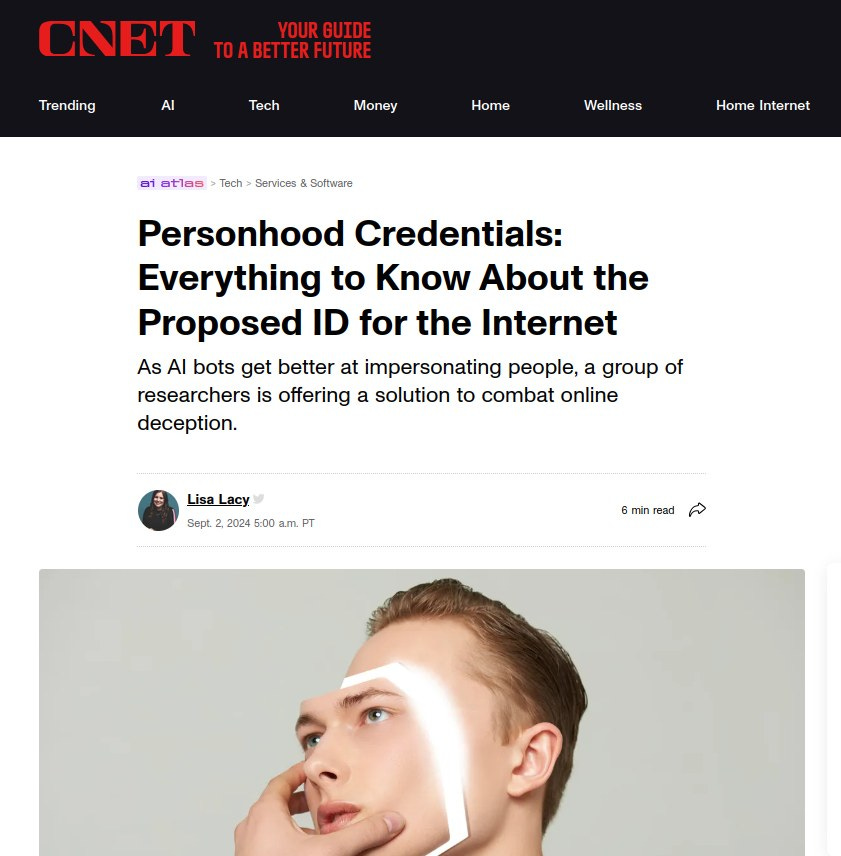


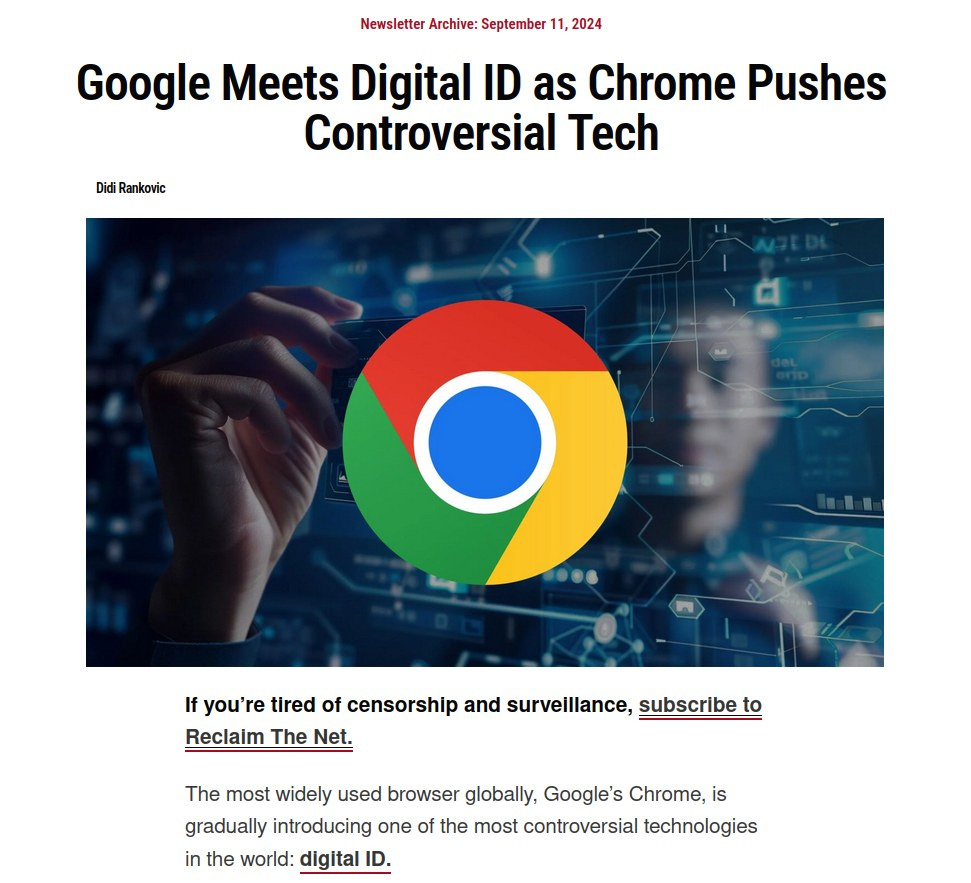
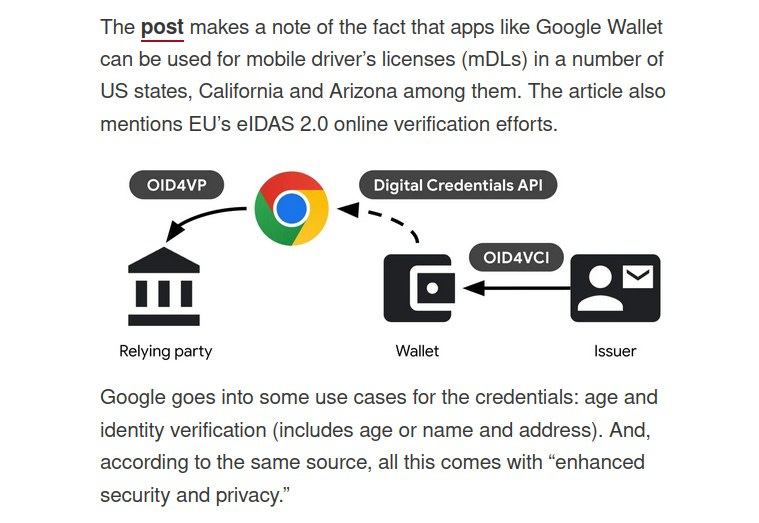
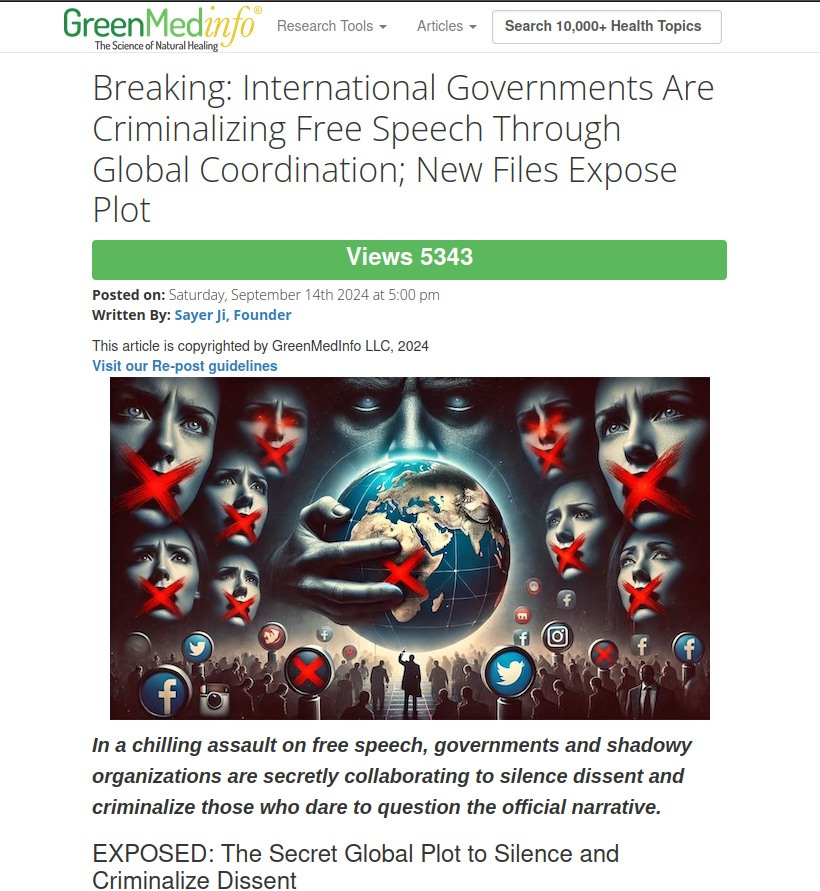
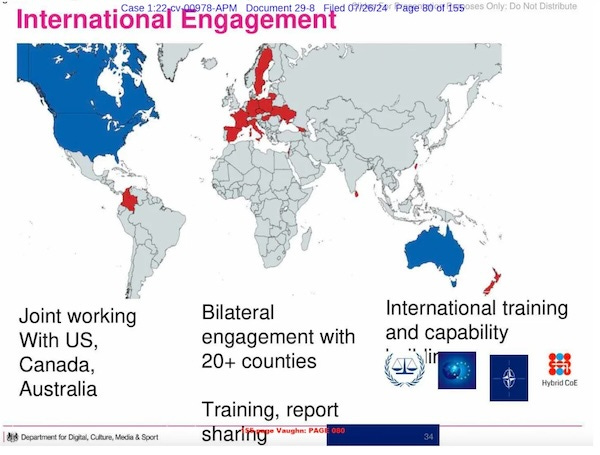
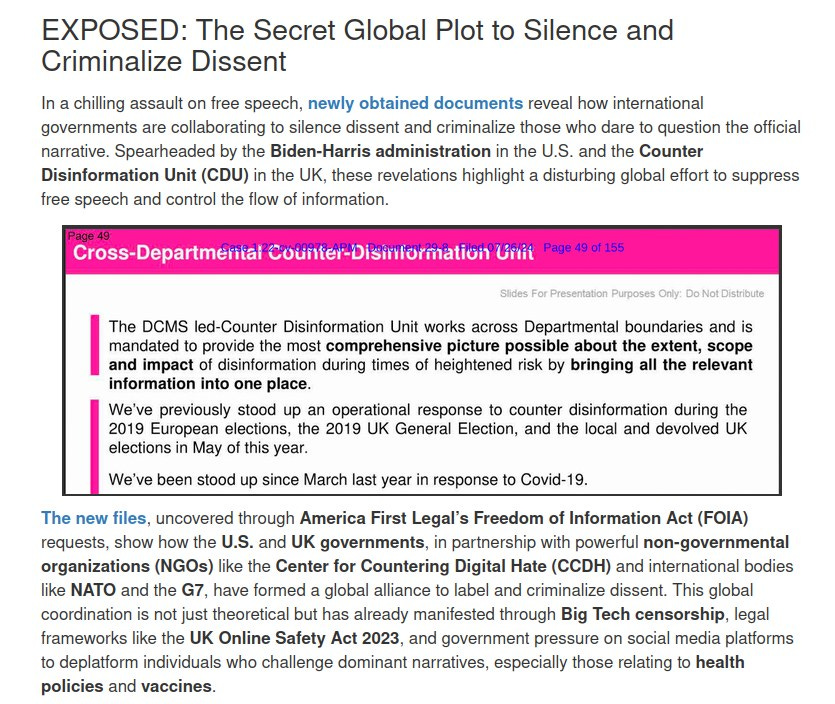
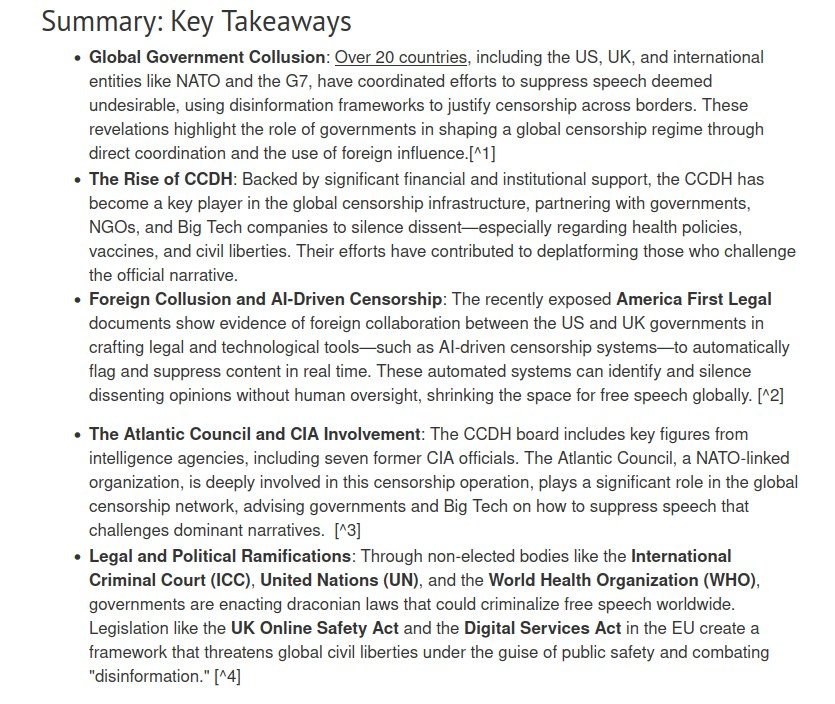
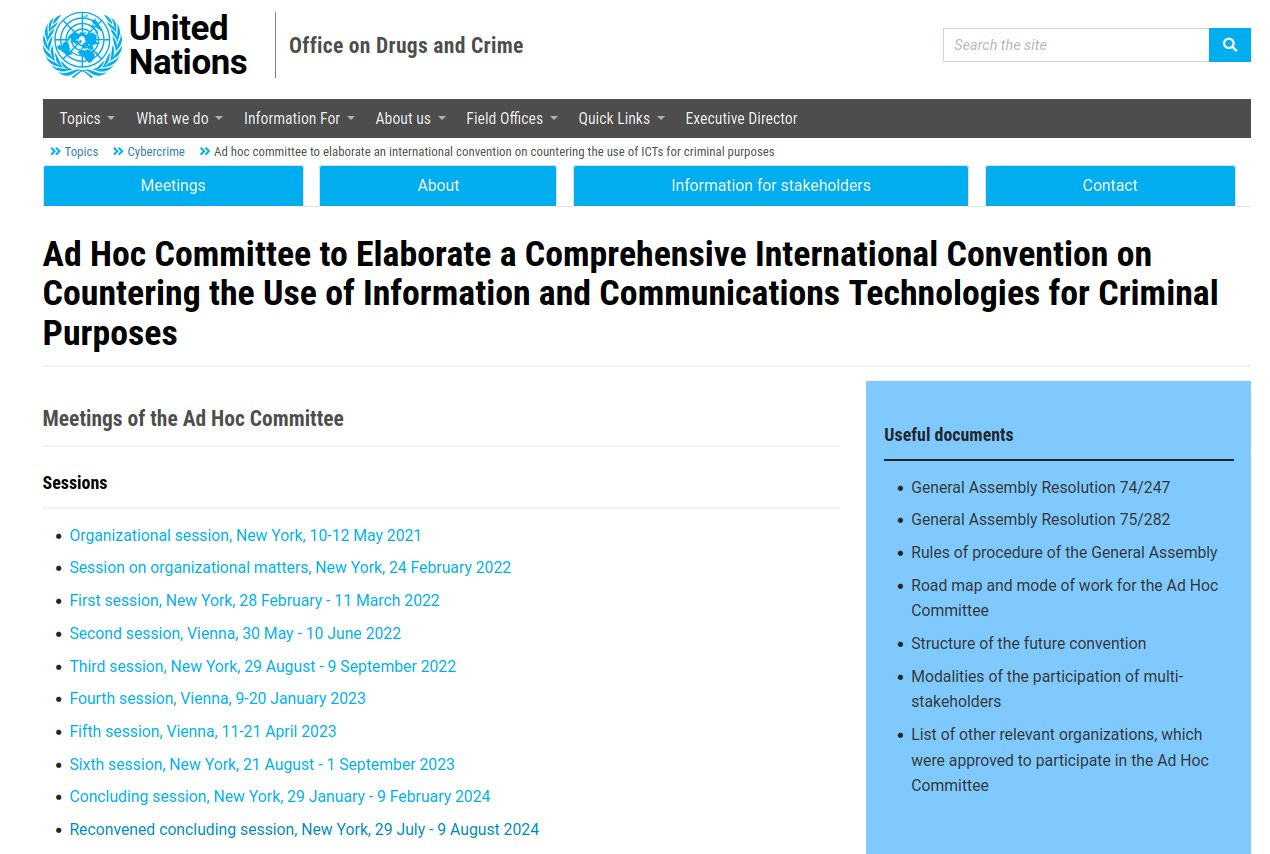
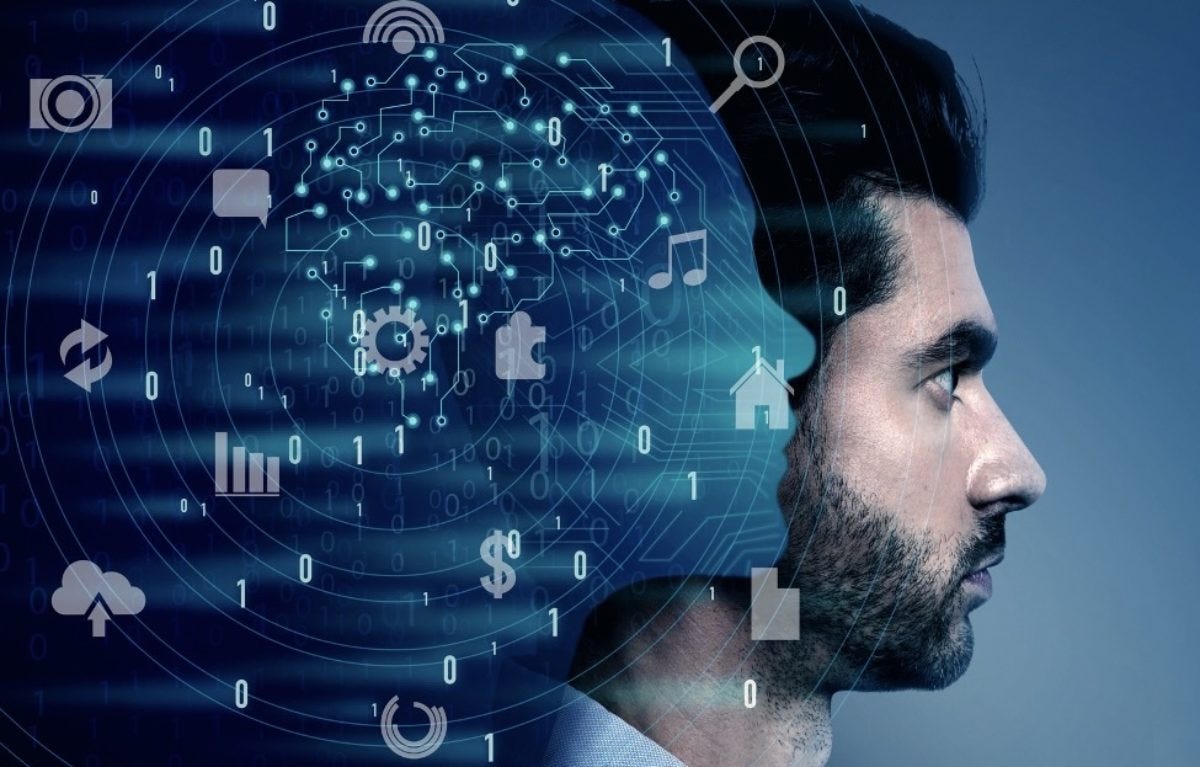

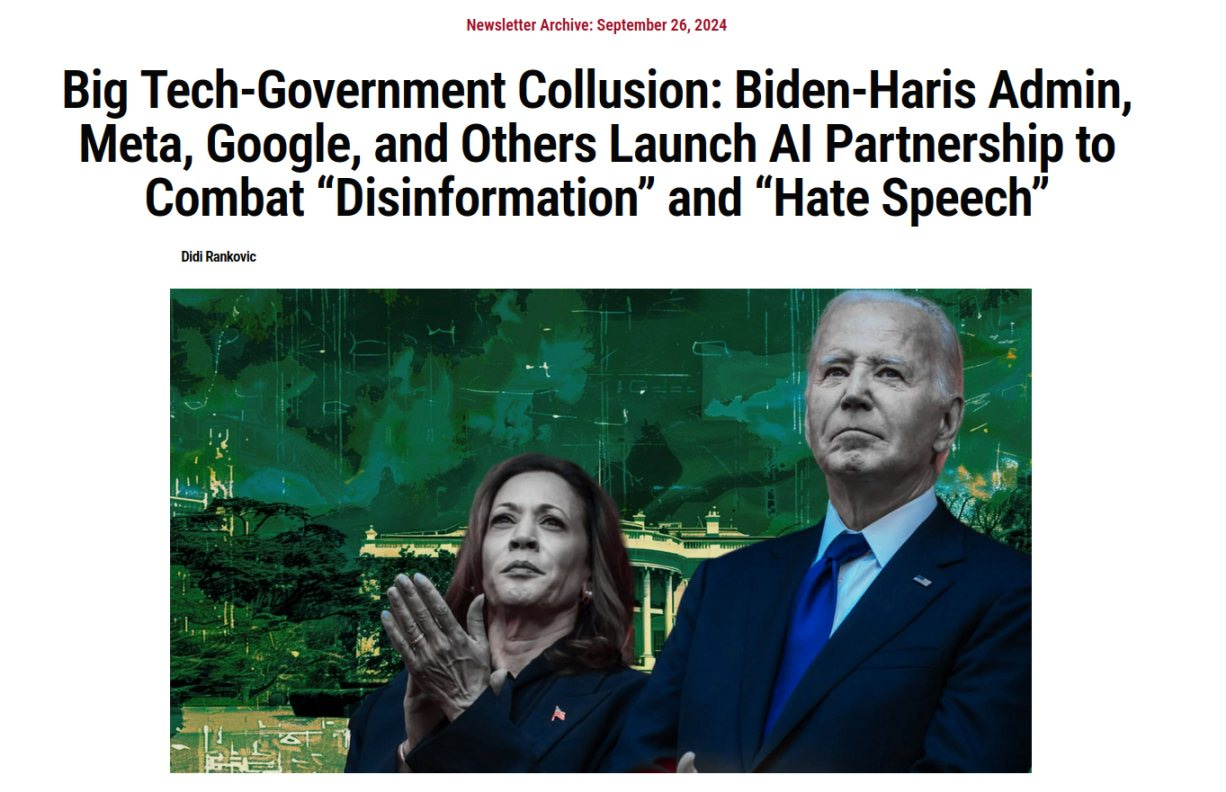
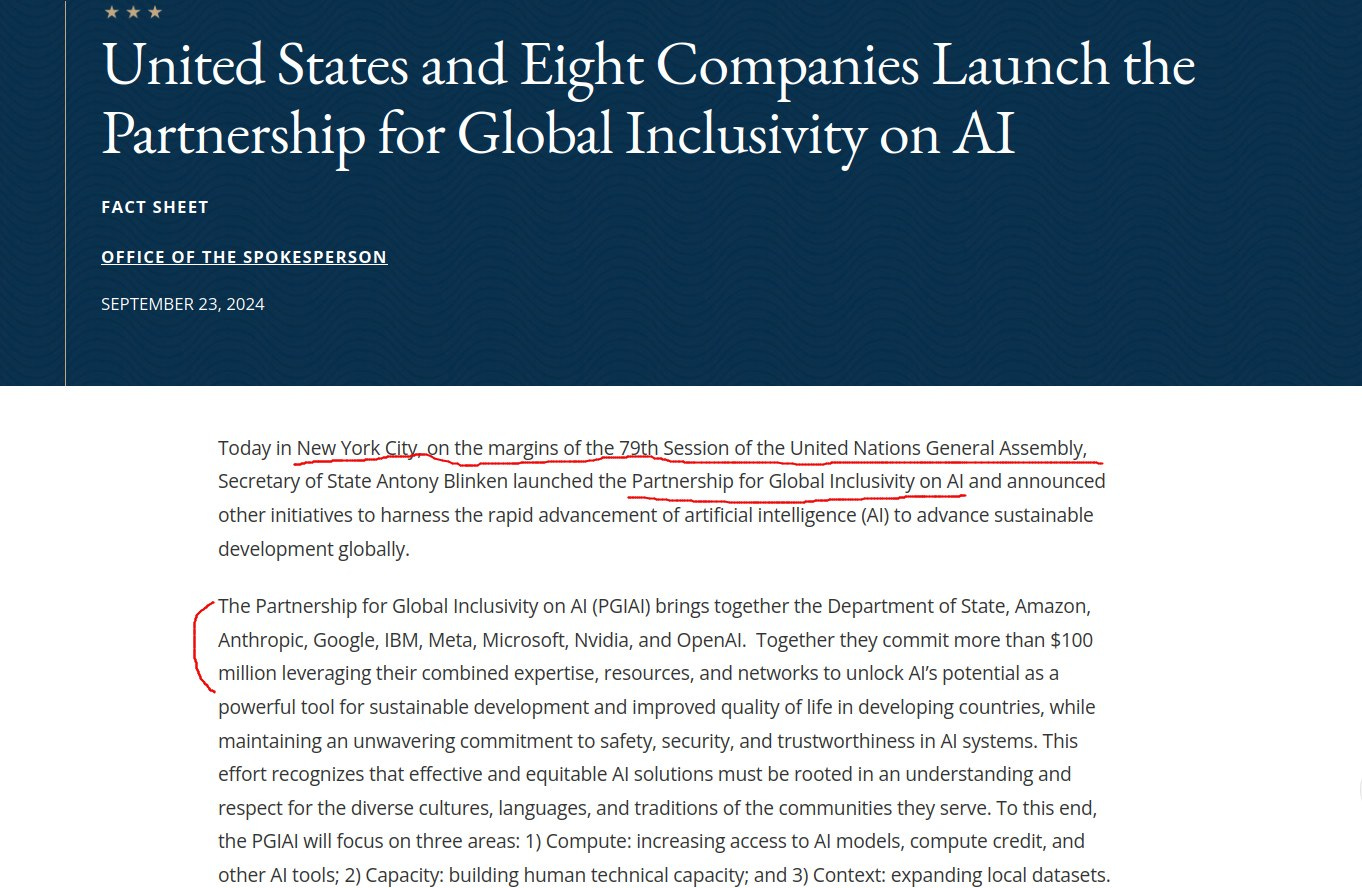


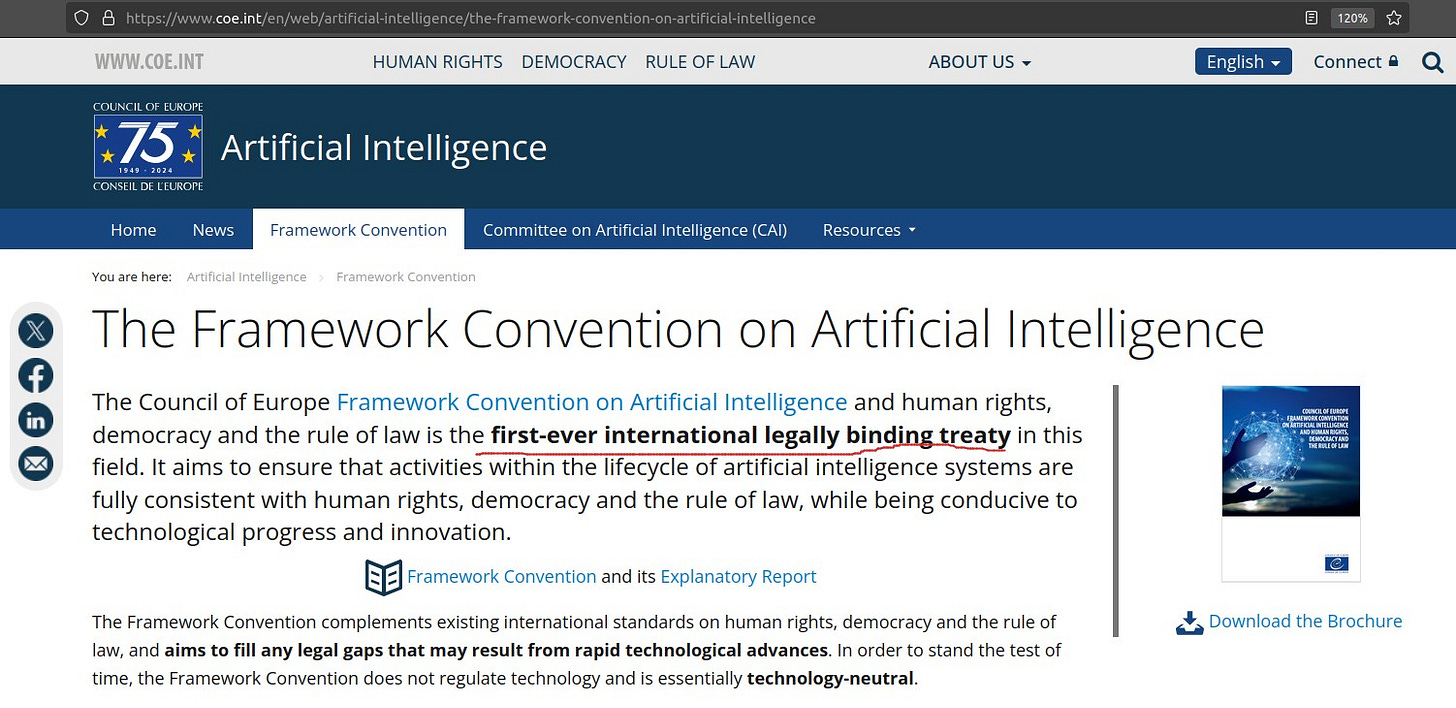
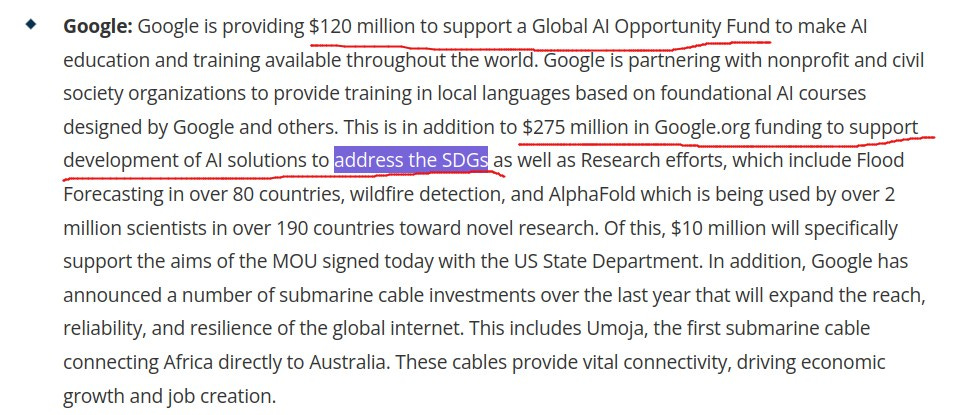









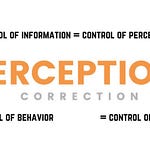


Share this post